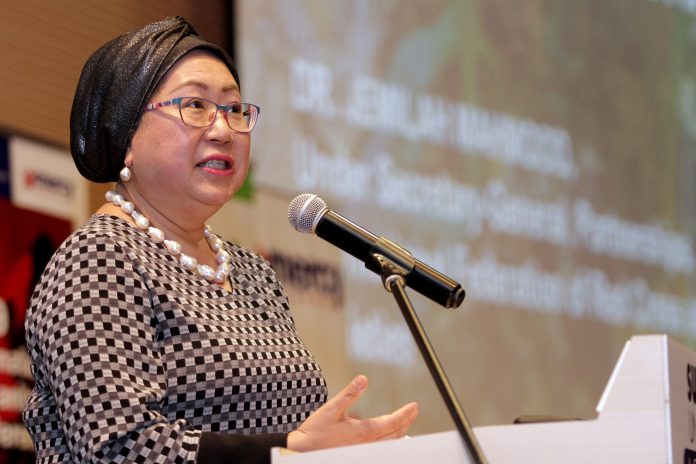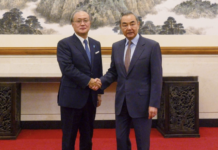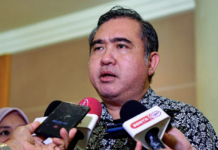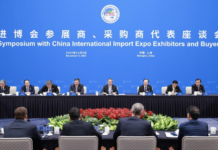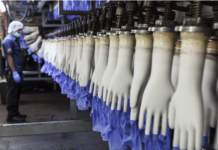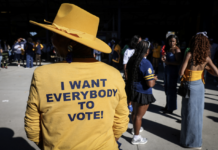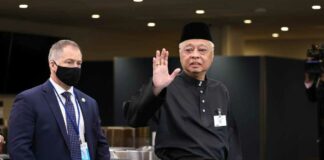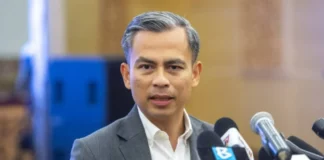KUALA LUMPUR, June 23 — COVID-19 is likely to become endemic as mentioned by the World Health Organisation (WHO), and thus a different approach may be required to tackle it, said the Prime Minister’s special advisor on public health, Tan Sri Dr Jemilah Mahmood.
She said this would be so even if the country managed to bring down the number of daily cases and achieve herd immunity.
“Just like dengue, we continue taking measures like hygiene, cleanliness. Maybe in crowded places we may have to take on the culture of wearing masks, and this is quite prevalent in many countries in the East Asia region like Japan and China,” she told Bernama TV’s ‘Mid-Day Update’ programme today.
Dr Jemilah said seasonal vaccine shots might also be required to keep COVID-19 at bay, like what was being done in Europe to contain seasonal flu.
Touching on the National Recovery Plan (NRP) tabled by Prime Minister Tan Sri Muhyiddin Yassin, she said the NRP laid out indicators and targets which Malaysia has to meet to bring the pandemic under control.
She noted that the NRP is a roadmap for the country to move out of the health crisis created by the COVID-19 pandemic.
“Every recovery plan is dependent on several factors. (In this case) the primary drivers are public health indicators, capacity of the health system to cope as well as our vaccination rate because we cannot continue to be in a persistent state of lockdown while the economy has to restart and accelerate,” she said
As such, Dr Jemilah said the National COVID-19 Immunisation Programme (PICK) is crucial to the success of NRP, as both run hand in hand to reach herd immunity of vaccinating 70 to 80 per cent of the country’s population.
On June 15, Muhyiddin announced the NRP, a strategy to move the country out of the Movement Control Order (MCO) and COVID-19 pandemic in four phases.
Dr Jemilah agreed with the view of National COVID-19 Immunisation Programme Coordinating Minister Khairy Jamaluddin that WHO should ask all countries to recognise all types of COVID-19 vaccines that are listed by WHO.
“If WHO has recognised, it should be recognised by all the countries in the world. We cannot afford the geopolitics of vaccines; we really need to make sure people are protected,” she added.




